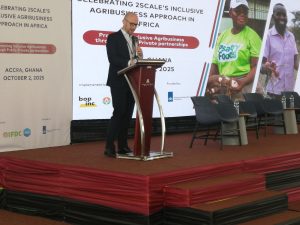
By Francis Buertey BORYOR
The 2SCALE program, one of Africa’s largest agribusiness initiatives, has officially closed its Ghana chapter after more than a decade of empowering smallholder farmers, SMEs, and low-income consumers through inclusive partnerships.
The initiative, funded by the Ministry of Foreign Affairs of the Netherlands and implemented by IFDC, Bopinc and SNV- demonstrated how inclusive agribusiness can empower smallholder farmers, traders, consumers, and businesses.
Over the years, the programme opened markets, built stronger value chains, and gave women and youth equal opportunities to take part in agribusiness.
Tens of thousands of low-income consumers now have access to affordable and nutritious food products because of the programme- and more than 100,000 smallholder farmers have gained better access to inputs and markets.
Also, over 50 small and medium enterprises have been supported to build inclusive business models, with about 2,000 microenterprises also benefiting.
These results were highlighted during the closeout event in Accra, on October 2, 2025.
Jalil Zakariah, Multi-Country Project Lead for SNV on 2SCALE, addressing media after the event stressed that partnerships were at the heart of the programme’s model.
He said 2SCALE deliberately worked with businesses whose supply chains integrated smallholder farmers- so that farmers could earn a decent living. “The goal was to make sure those at the bottom of the Pyramid- small producers, distributors and consumers- were fully part of the value chain,” he added.
Zakariah further noted that while the programme itself had a defined lifespan, its ideas would live on through knowledge exchange and adoption by local actors.
He cited the Chamber of Young Entrepreneurs Ghana as a strong institution that could carry forward the inclusive business model and continue building on the programme’s achievements.

Dr. Rens Twijnstra, Head of Economic Affairs at the Embassy of the Netherlands in Ghana, in a post-event media engagement described 2SCALE as one of the longest running programs of its kind that his country has supported.
He said the Embassy had followed its progress closely and was inspired by its approach to inclusive agribusiness. “This program may be closing, but it is not the end of Dutch support. We will continue to focus on partnerships that make agribusiness scalable and impactful,” he said.
Twijnstra moreover noted that a major lesson from the programme was that inclusive business models must be adapted to local contexts. “What works in Ghana may not be the same in Kenya or elsewhere in Africa,” he explained.
He emphasised that learning and monitoring should reflect these realities rather than rely only on generic indicators. “The test now is how sustainable the gains will be after donor funding ends. We hope to see the business champions take up their role and prove that the models are resilient beyond donor project cycles,” he said.
Edwin Zu-Cudjoe, Executive Director of Social Enterprise Ghana, in an interview with media also said his outfit would work to bring MSMEs nurtured by 2SCALE into its network for continuous training, capacity building and connections with partners. “The missing link for many inclusive MSMEs is access to investment,” he said, explaining that Social Enterprise Ghana has been providing early-stage start-up kits and connecting MSMEs to impact investors.
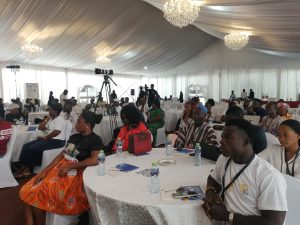
Zu-Cudjoe added that his company would also leverage government programs such as the Ghana Apprenticeship Program and the Ejumara Project to link MSMEs with apprentices, internships, and other opportunities. “We have worked with over 20,000 MSMEs across the country. Our goal is to ensure that these opportunities reach them so they can keep growing,” he said.
The Towards Sustainable Clusters in Agribusiness through Learning in Entrepreneurship (2SCALE) programme brought together farmers, SMEs, service providers, civil society, government agencies, policymakers, entrepreneurs, and farmer representatives- showing how public–private partnerships can create meaningful change in agriculture.
The speakers emphasised that the country’s own institutions must now take the lead in scaling lessons from the programme. They said continued investment in training and knowledge-sharing will be essential to keep building resilient agribusiness clusters.
The post Farmers, SMEs benefit as 2SCALE marks closeout in Accra appeared first on The Business & Financial Times.
Read Full Story

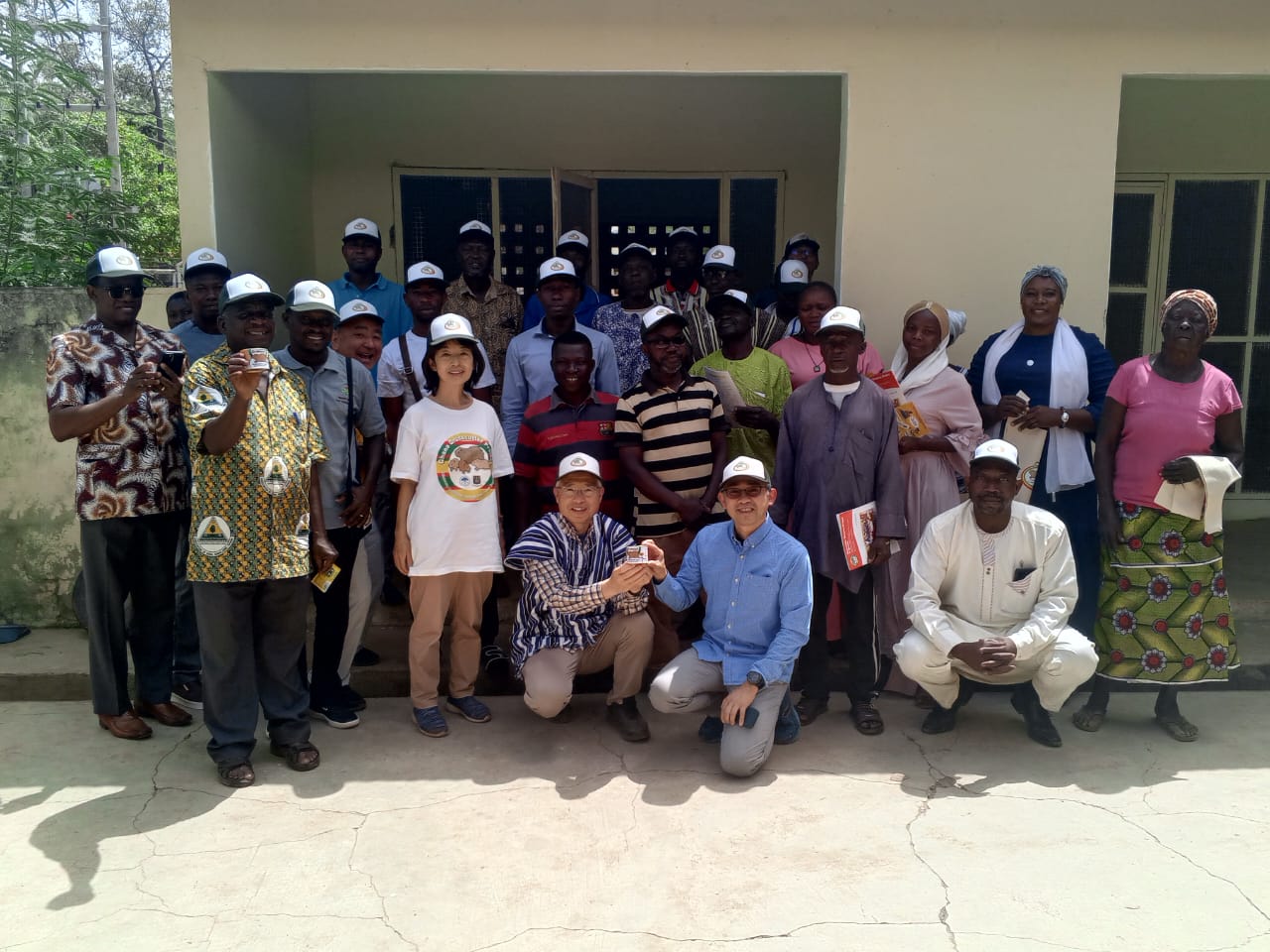
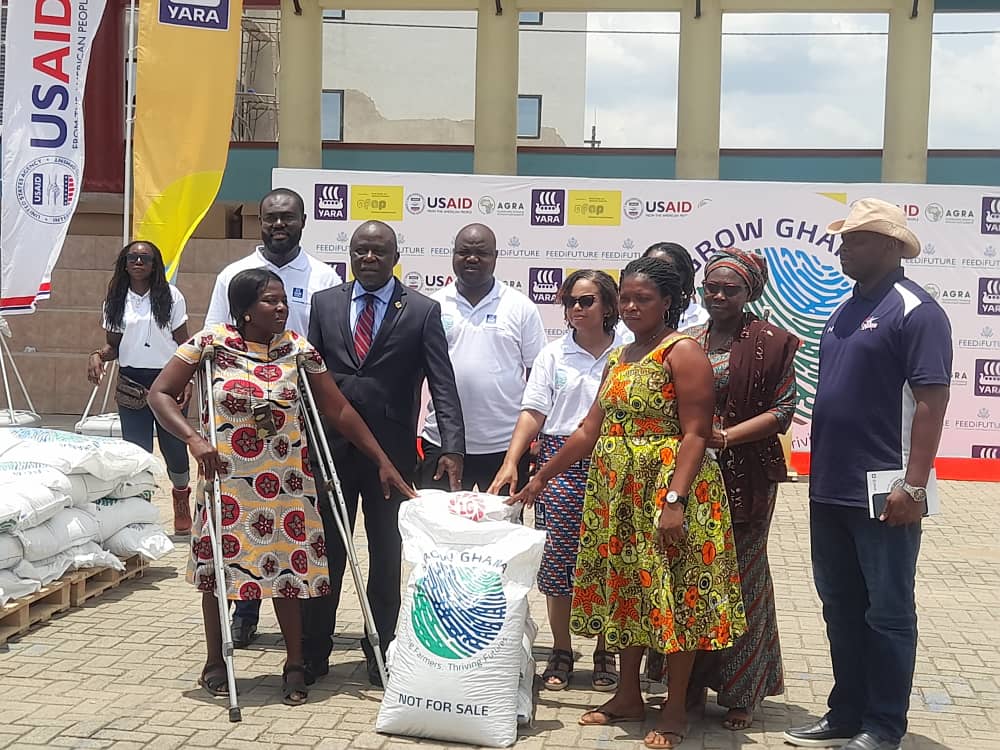
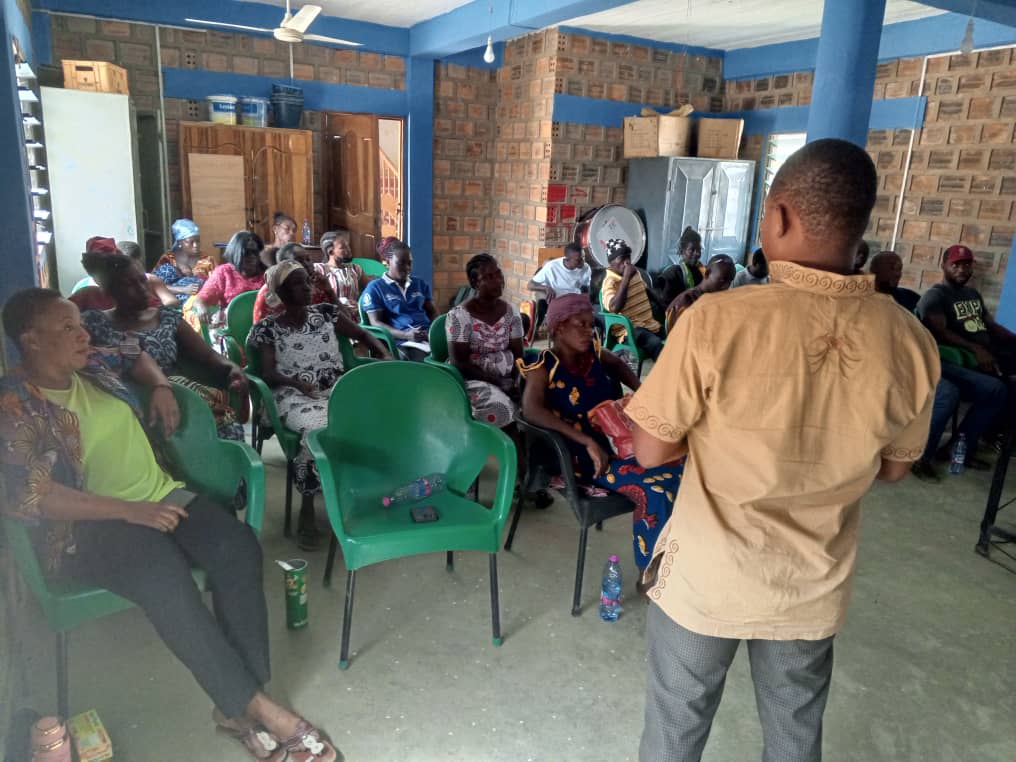
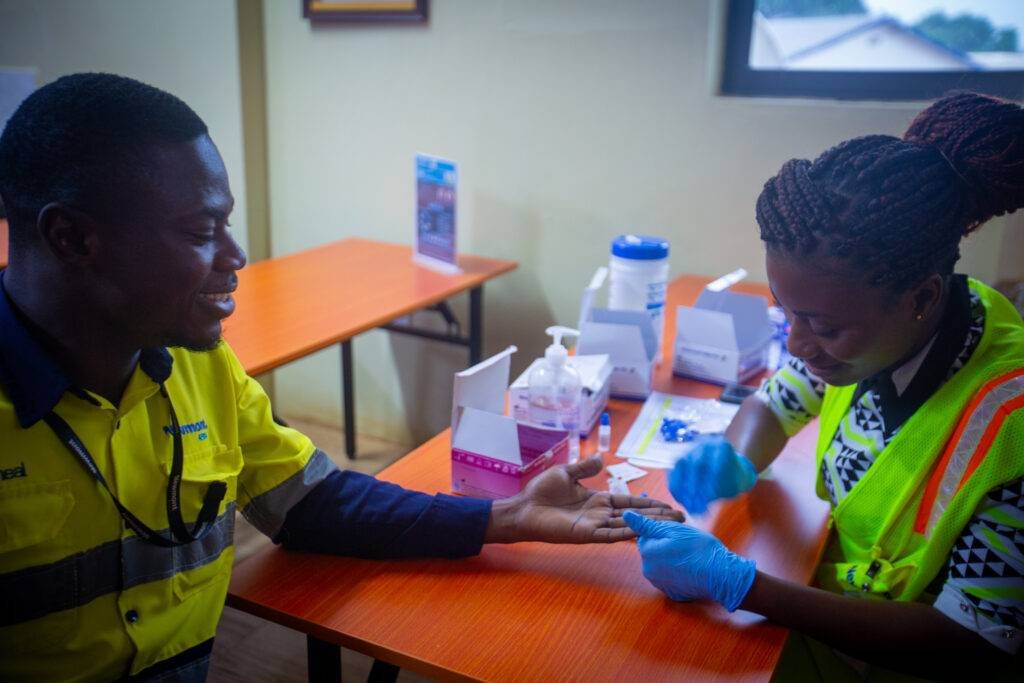





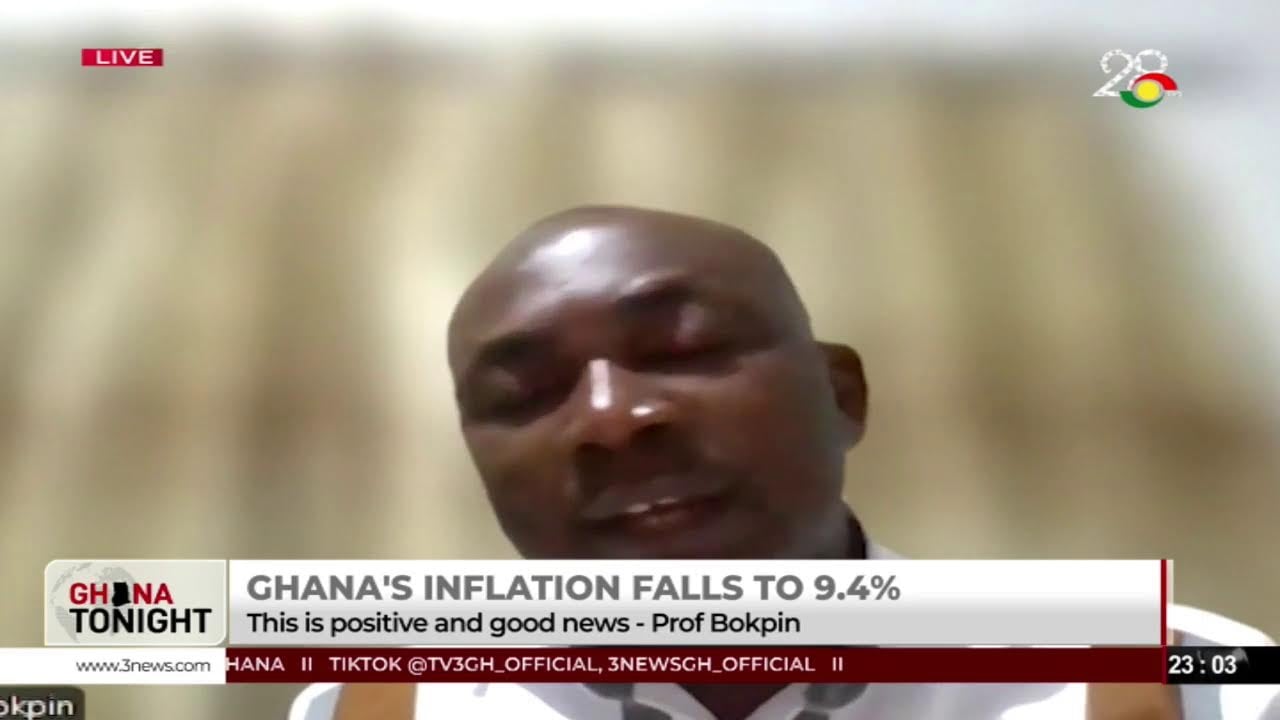











Facebook
Twitter
Pinterest
Instagram
Google+
YouTube
LinkedIn
RSS